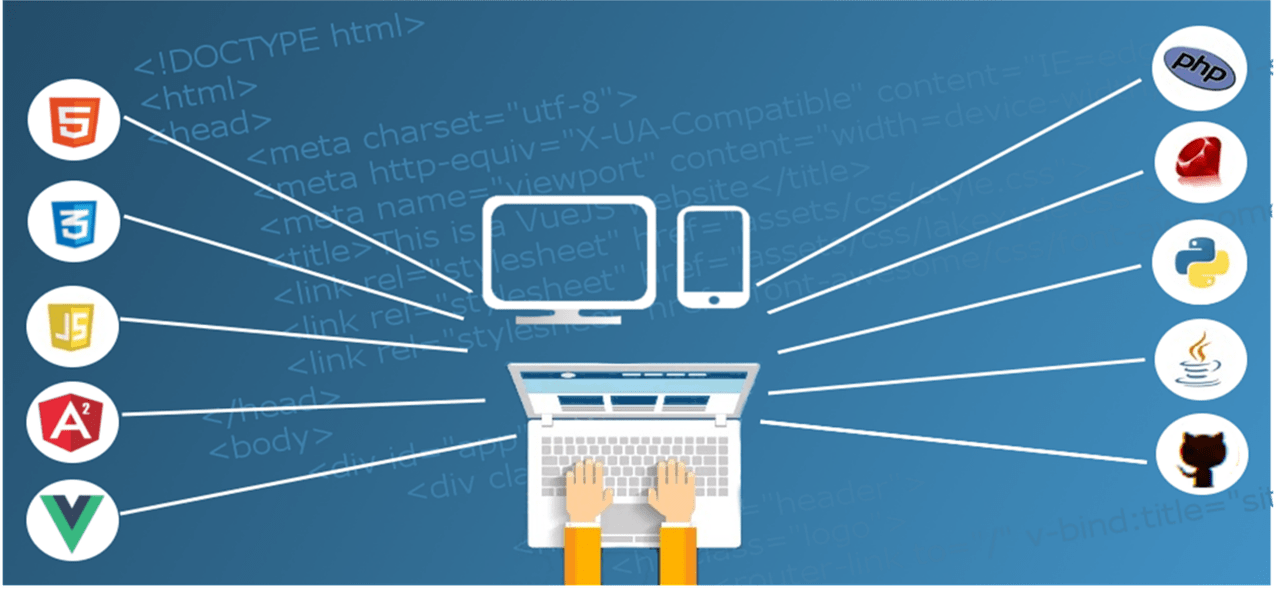MySQL is one of the most widely used relational database management systems (RDBMS) in the world, serving as the backbone for a multitude of web-based applications. Often used alongside programming languages like PHP, it’s a crucial component of popular web stacks like LAMP (Linux, Apache, MySQL, PHP). Whether you’re dealing with a customer relationship management (CRM) system, medical records, or a full-fledged eCommerce store, MySQL hosting offers a robust solution for storing, accessing, and managing your data.
In today’s dynamic digital landscape, MySQL not only powers custom web applications but also serves as the database system for popular Content Management Systems (CMS) like WordPress, Joomla, and Drupal. Each of these platforms often requires a hosting environment that specializes in handling MySQL databases efficiently.
Key Factors to Consider for MySQL Hosting
When choosing a MySQL hosting provider, certain factors extend beyond the basic considerations of uptime, backup/redundancy, and bandwidth. Here are some essential aspects to look into.
Number of Databases
If you’re investing in a MySQL hosting provider, chances are databases are integral to your digital presence. You’ll want a provider that allows multiple databases—especially if you’re running more than one website or application. A decent MySQL host should provide at least five databases for clients managing multiple websites.
User-Friendly Interface
An intuitive administrative interface can make your life easier. You’ll often be managing databases, tables, and individual records, so an admin dashboard tailored for MySQL users is essential. Multiple user IDs for varying levels of secure access can be beneficial if multiple team members are involved in database management. CPanel is one of the most reliable administrative dashboards for this purpose.
CRON Support
CRON jobs help automate routine tasks, running specified scripts at regular intervals. Your MySQL hosting provider should allow you to set up and manage CRON jobs via the control panel, helping you automate database backups, updates, and other maintenance tasks.
PHP Support
PHP is often the script of choice when it comes to interacting with MySQL databases. Ensure your MySQL hosting provider supports the latest PHP versions and extensions, so you don’t face compatibility issues.
Additional Considerations
Scalability
Your needs today may not represent your needs tomorrow. As your web application or CMS site grows, your databases will also increase in size and complexity. Opt for a provider that offers easy scalability options without causing significant downtime or requiring complex migration procedures.
Security
The security of your database should never be compromised. Look for features like SSL support, firewalls, and routine security audits. If you’re storing sensitive data, ensure that the hosting provider is compliant with industry regulations like HIPAA for healthcare or GDPR for European users.
Backup and Restore
Always opt for a hosting provider that offers automated backups and easy restoration options. This can be invaluable in case of data loss or corruption.
Technical Support
Issues can arise at any time, so a hosting provider with round-the-clock technical support can be a lifesaver. Check for customer service reviews and consider platforms that offer multiple avenues of support like chat, email, and phone.
Redundancy and Reliability
Modern businesses can’t afford downtime. When choosing a MySQL hosting provider, investigate their redundancy measures to ensure high availability. This includes features like failover clustering, where a secondary system takes over if the primary system fails, or load balancing, which distributes workloads across multiple servers to ensure no single server is overwhelmed. These features are crucial for applications requiring high availability and can significantly impact your application’s user experience.
Performance Metrics
Fast and reliable database operations are crucial for the smooth functioning of your web applications or CMS platforms. Consider hosting providers that offer SSD-based storage and in-memory caching options for improved performance.
Monitoring and Analytics
Insight into your database’s performance can help optimize its operations. Some providers offer built-in tools for monitoring and analytics, making it easier to troubleshoot issues and understand database behaviour.
Price
While it’s tempting to opt for the cheapest hosting solution, you often get what you pay for. Make a comparative analysis to ensure you’re getting the best value for your money.
Choosing Between Managed and Unmanaged Hosting
Another important consideration is whether to opt for managed or unmanaged hosting. In a managed hosting environment, the hosting provider takes care of all the server management tasks like security monitoring, backups, and software updates. This is an excellent option if you don’t have the technical skills or time to manage a server. However, managed hosting often comes at a higher price.
On the other hand, unmanaged hosting provides you with server and network connectivity, and the rest is up to you. This is generally cheaper but requires a higher level of technical expertise. If you’re comfortable with server management tasks and need more control over the environment, unmanaged hosting could be the right fit.
Data Center Locations
The proximity of your hosting provider’s data centre to your primary user base can impact latency and overall performance. Choose a provider with data centres strategically located near your target audience.
CMS Compatibility
If you’re using a popular CMS like WordPress, Joomla, or Drupal, make sure your MySQL hosting provider is optimized for that platform. These CMS platforms have specific server requirements and optimal settings that a specialized hosting provider can offer, thereby ensuring smoother performance.
CMS-Specific MySQL Hosting
It’s crucial to note that if you’re running a well-known CMS like WordPress, Joomla, or Drupal, there are MySQL hosting providers who specialize in offering optimized environments for these platforms. For instance, WordPress hosting providers often provide features like one-click WordPress installations, specialized caching mechanisms, and support staff trained in WordPress troubleshooting. This specialization can be advantageous when you require a fine-tuned environment, or if you encounter issues specific to your CMS. Similarly, specialized hosts for Joomla and Drupal can offer features and expertise geared towards the optimal functioning of these platforms.
Compliance
Depending on the nature of the data you store, your hosting provider may need to comply with specific industry standards. Make sure to clarify this point, especially if you’re dealing with sensitive or regulated information.
Community and Documentation
Comprehensive documentation and an active user community can offer valuable support and can be a sign of a well-maintained platform.
Final Thoughts on MySQL Hosting Choices
The digital landscape is ever-changing, and your database requirements can shift with it. Whether you’re a startup looking for your first MySQL hosting provider or an established business considering a switch, make an informed choice. Prioritize scalability to grow with your business needs, emphasize security to protect sensitive data, and look for specialized features if you’re running a CMS like WordPress, Joomla, or Drupal. Take advantage of the free trials and promotional periods to test out the service before making a long-term commitment.
When you bring all these considerations together, the picture becomes clear: you need a robust, secure, scalable, and user-friendly MySQL hosting environment. Whether it’s custom web applications or popular CMS platforms, choosing the right MySQL hosting provider will pave the way for your digital success.

